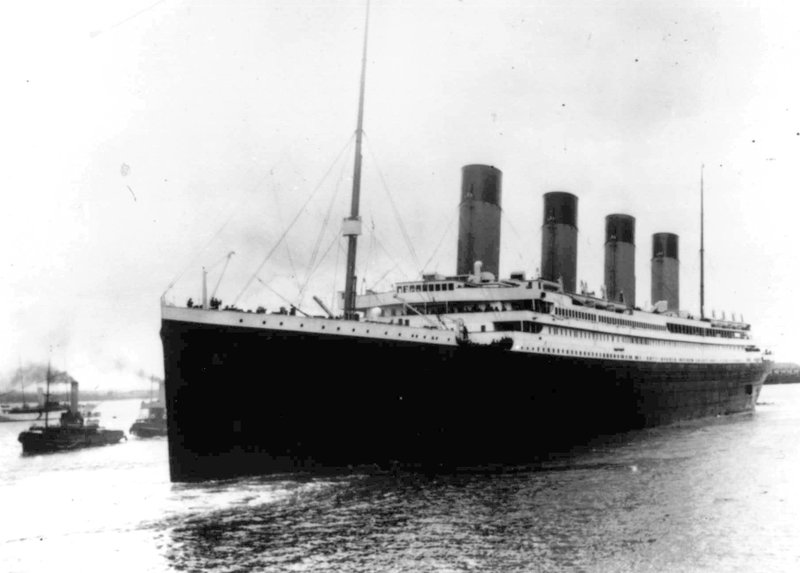The U.S. government will try to stop a company’s planned salvage mission to retrieve the Titanic’s wireless telegraph machine, arguing the expedition would break federal law and a pact with Britain to leave the iconic shipwreck undisturbed.
U.S. attorneys filed a legal challenge before a federal judge in Norfolk, Virginia, late Monday. The expedition is expected to occur by the end of August.
The Atlanta-based salvage firm RMS Titanic Inc., plans to recover the radio equipment from a deck house near the ship’s grand staircase. The operation could require a submersible to cut into the rapidly deteriorating roof if the vehicle is unable to slip through a skylight.
U.S. attorneys argue the company can’t do that. They say federal law requires the firm to get authorization from the Secretary of Commerce before conducting research or salvage expeditions “that would physically alter or disturb the wreck.”
The agreement with the United Kingdom, they add, regulates entry into the hull to prevent the disturbance of “other artifacts and any human remains.”
The international agreement calls for the Titanic “to be recognized as ‘a memorial to those men, women and children who perished and whose remains should be given appropriate respect,’” the government’s filing states.
The Titanic was traveling from England to New York when it struck an iceberg and sank in 1912, killing all but about 700 of the 2,208 passengers and crew.
The National Oceanic and Atmospheric Administration represents the public’s interest in the North Atlantic wreck site, which is about about 400 miles (645 kilometers) off Newfoundland, Canada.
The federal agency has operated for years as a “friend of the court.” It’s now seeking to be a party in the case.
NOAA filed its arguments before the same federal judge who ruled last month that the salvage firm could dive nearly 2.5 miles (4 kilometers) to recover the Marconi wireless telegraph machine. The radio’s distress calls to other ships are credited with saving the lives of hundreds of people who escaped on lifeboats.
In her May ruling, U. S. District Judge Rebecca Beach Smith agreed with the salvage firm that the telegraph is historically important and could soon disappear within the rapidly decaying wreck. The company plans to exhibit the gear while telling the stories of its heroic operators.
NOAA’s legal challenge escalates a debate that’s been simmering for a few years over who controls salvage missions to the world’s most famous shipwreck.
The federal agency argues that federal laws and international agreements should apply to the wreckage. The salvage firm disagrees, claiming that hundreds of years of maritime law puts the Titanic’s remains firmly into the judge’s hands.
“NOAA seeks to jettison the law of the sea, developed over centuries,” the company argued in legal filings earlier this year.
Smith, the maritime jurist who presides over Titanic salvage matters in Norfolk, has noted the court’s unique authority.
During a 2017 hearing, the judge said the court’s salvage jurisdiction over the Titanic was established by the U.S. Supreme Court. And salvage law, she said, was “established from basically English law before this country was even founded.”
But Smith left room for the U.S. government to make its case. She said in 2017 that if NOAA objects to a Titanic salvage mission, “they can come to this court and litigate it.”
(AP)












One Response
1. The wreck has been designated as an historic site, so no looting.
2. Under international law, the insurance company (which paid the claims) owns what is left of the ship and its contents. That’s how insurance works. So anyone looting the wreck would also be guilty of larceny.